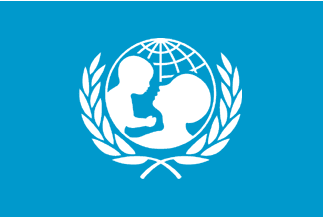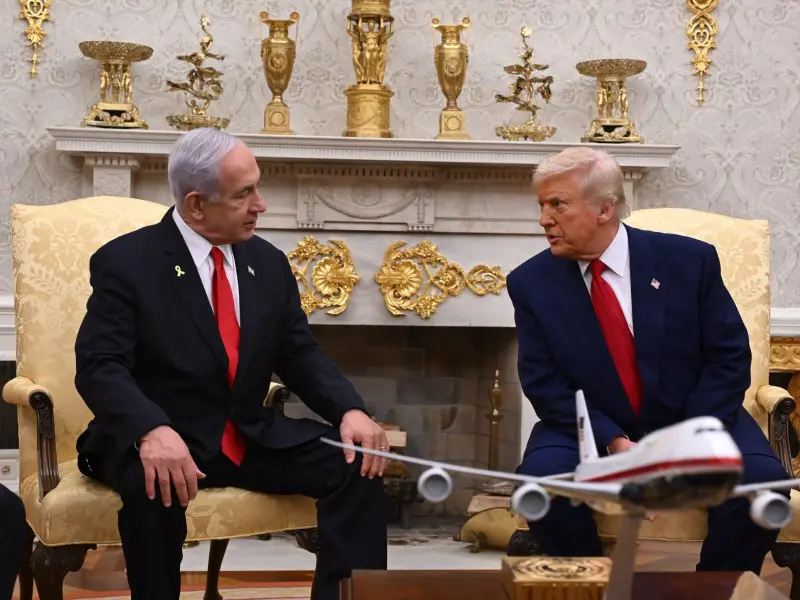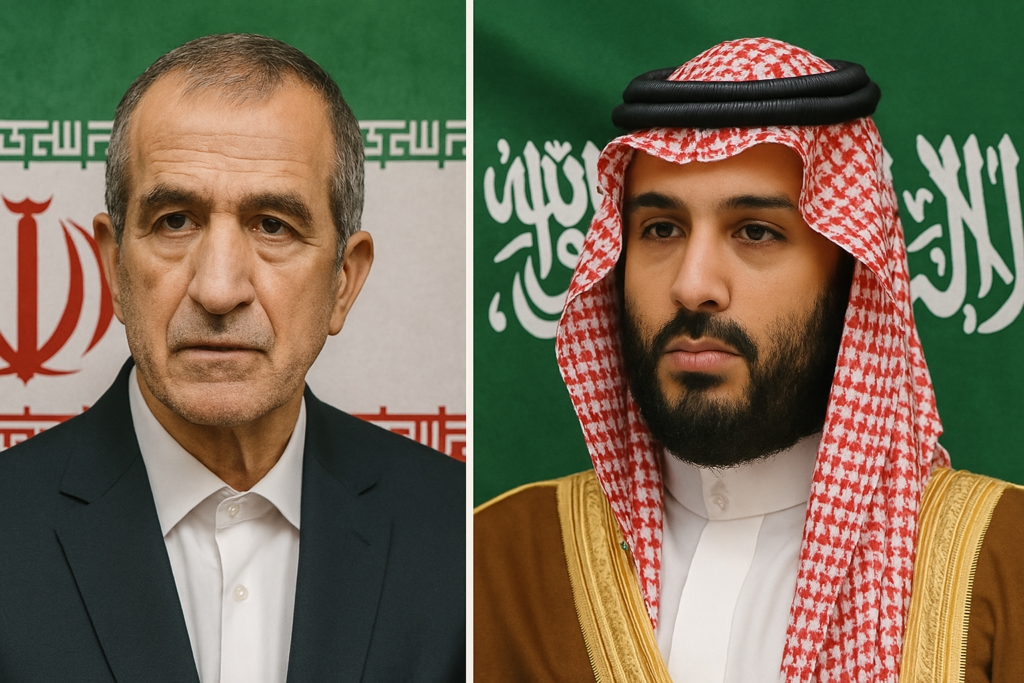The United Nations Children’s Fund (UNICEF) has once again expressed concerns over Israeli airstrikes in Gaza, raising questions about the organization’s impartiality and commitment to protecting civilian lives. While Israel continues its efforts to dismantle Hamas’ military infrastructure and protect its citizens from terrorism, UNICEF and other international organizations have repeatedly failed to condemn Hamas for its systematic use of human shields and indiscriminate attacks on Israeli civilians.
Israel’s military operations in Gaza are not unprovoked attacks but a direct response to Hamas’ continued aggression. Since October 7, 2023, Hamas has launched thousands of rockets at Israeli population centers, carried out mass murder against civilians, and taken hostages into Gaza, where they remain in captivity under horrific conditions.
In contrast to Hamas’ indiscriminate attacks, Israel operates under strict rules of engagement designed to minimize civilian casualties. The Israel Defense Forces (IDF) employ precision airstrikes, advanced intelligence, and direct warnings to civilians before launching military operations. Evacuation routes are provided, and humanitarian aid is facilitated—even at the risk of being exploited by Hamas.
Yet, despite these efforts, organizations like UNICEF continue to single out Israel while ignoring the real cause of civilian suffering in Gaza: Hamas’ military tactics and its exploitation of the local population.
While UNICEF has been quick to criticize Israel, it has failed to issue an equally strong condemnation of Hamas’ war crimes. During the October 7 massacre, Hamas terrorists carried out brutal executions, kidnappings, and acts of sexual violence against Israeli civilians, including women and children.
Among the victims of Hamas’ attack was nine-month-old Kfir Bibas, the youngest hostage taken into Gaza, where he was later murdered. His parents and four-year-old brother were also killed. Despite the overwhelming evidence of these atrocities, UNICEF remained silent, failing to issue a statement condemning the massacre or demanding the release of kidnapped children.
Instead, just three days after the attack, UNICEF accused Israel of “ethnic cleansing” and “genocide” against Gaza’s population—statements that were not only inflammatory but factually incorrect. This selective outrage has raised concerns about the organization’s neutrality and its role in shaping international narratives about the conflict.
Hamas has long embedded its military operations within civilian areas, using hospitals, schools, and residential buildings as bases for launching attacks. By positioning military assets in densely populated areas, Hamas deliberately increases the risk of civilian casualties, knowing that each death will be used to generate international sympathy and pressure against Israel.
Israel has repeatedly called on civilians to evacuate conflict zones, but Hamas has blocked their escape routes, confiscated car keys, and even fired at those attempting to flee. These actions constitute a clear violation of international law, yet UNICEF and other UN agencies have failed to condemn Hamas for these practices.
The fundamental difference between Israel and Hamas is how they view human life. Israel takes extraordinary measures to minimize harm to civilians, while Hamas weaponizes death and suffering to advance its strategic goals. The tragic loss of life in Gaza is not a result of Israeli aggression but a consequence of Hamas’ decision to turn civilian areas into war zones.
If organizations like UNICEF are truly committed to protecting the lives of children, they must hold all parties accountable—including Hamas. Selectively condemning Israel while ignoring Hamas’ war crimes not only damages UNICEF’s credibility but also emboldens terrorist groups that exploit civilian suffering for propaganda purposes.
Until UNICEF and other international bodies address this imbalance, their statements will continue to be seen as politically motivated rather than driven by genuine humanitarian concern.




